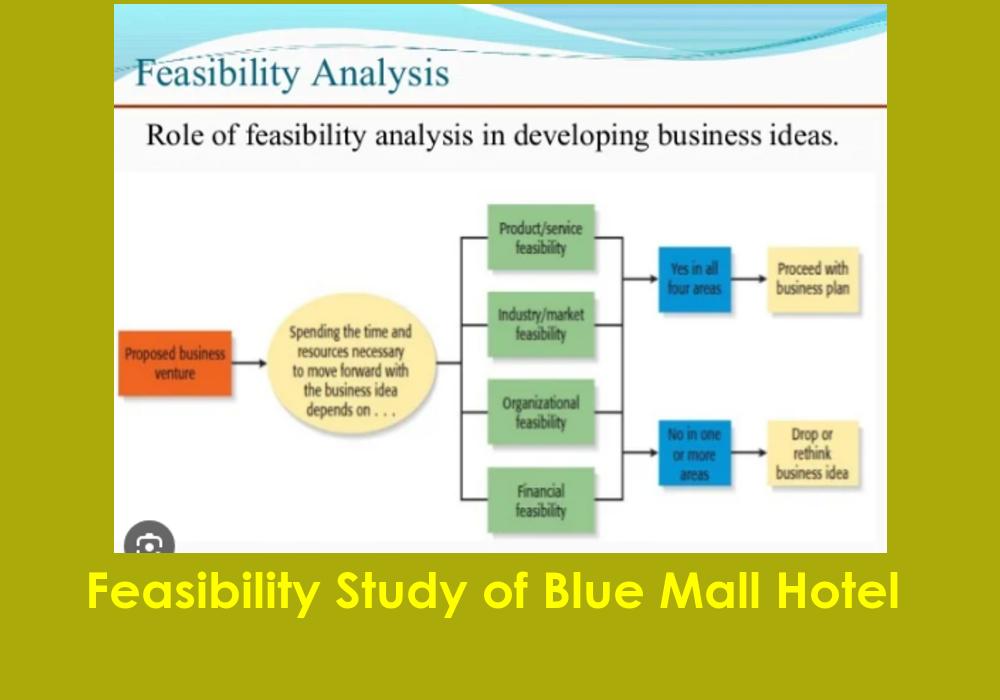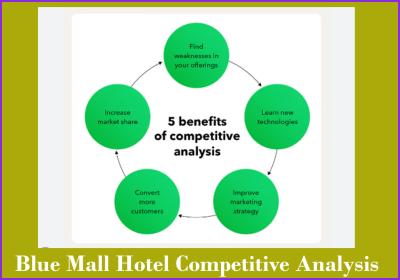Feasibility Study of Your Hotel
14 Jul, 2024

A feasibility study evaluates the practicality and potential success of your new small hotel project. It involves analyzing various aspects of the project to ensure that it is viable and sustainable. Here is a detailed guide on conducting a feasibility study for a small hotel:
Executive Summary
- Provide an overview of the project, including the proposed hotel’s concept, location, and primary objectives.
- Summarize the key findings and conclusions of the feasibility study.
Market Analysis
- Conduct a thorough market analysis to understand the demand for hotel services in the chosen location.
- Analyze target audience demographics, preferences, and behaviors.
- Evaluate the competitive landscape, identifying key competitors and their strengths and weaknesses.
- Assess market trends, seasonality, and the impact of local events on hotel demand.
Location Analysis
- Evaluate the proposed location’s suitability for a hotel, considering factors such as visibility, accessibility, and proximity to key attractions.
- Assess the local infrastructure, including transportation, utilities, and services.
- Analyze the potential for future development in the area and its impact on the hotel.
Financial Projections
- Capital Costs: Estimate the initial investment required, including land acquisition, construction, furnishings, and equipment.
- Operating Costs: Project ongoing expenses such as staffing, utilities, maintenance, marketing, and insurance.
- Revenue Projections: Forecast potential revenue streams, including room rates, occupancy rates, food and beverage sales, and other services.
- Profitability Analysis: Calculate key financial metrics such as gross profit, net profit, return on investment (ROI), and payback period.
SWOT Analysis
- Strengths: Identify the project’s internal strengths, such as unique features, strong management team, or strategic location.
- Weaknesses: Recognize potential internal weaknesses, such as high initial costs, limited market experience, or potential operational challenges.
- Opportunities: Highlight external opportunities, such as growing tourism, local events, or partnerships with local businesses.
- Threats: Identify external threats, such as economic downturns, new competitors, or changes in regulations.
Risk Assessment
- Identify potential risks associated with the project, including financial, operational, market, and regulatory risks.
- Develop risk mitigation strategies to minimize the impact of identified risks.
Legal and Regulatory Considerations
- Assess the legal and regulatory requirements for establishing and operating a hotel in the chosen location.
- Identify necessary permits, licenses, and zoning regulations.
- Evaluate compliance with health, safety, and environmental standards.
Operational Plan
- Develop a detailed operational plan outlining the hotel's management structure, staffing requirements, and operational procedures.
- Define key roles and responsibilities within the management team.
- Outline standard operating procedures (SOPs) for various departments, including front desk, housekeeping, food and beverage, and maintenance.
Marketing Strategy
- Develop a comprehensive marketing plan to attract and retain guests.
- Identify key marketing channels, including online marketing, social media, partnerships, and traditional advertising.
- Define a pricing strategy based on market research and competitive analysis.
- Outline customer acquisition and retention strategies, such as loyalty programs and special promotions.
Sustainability and Environmental Impact
- Assess the environmental impact of the hotel project, including energy consumption, waste management, and water usage.
- Develop strategies for sustainable practices, such as using eco-friendly materials, implementing energy-saving technologies, and promoting responsible tourism.
Implementation Plan
- Develop a detailed timeline for the project, including key milestones and deadlines.
- Identify critical path activities and dependencies.
- Establish a project management structure to oversee the implementation process.
Conclusion and Recommendations
- Summarize the key findings of the feasibility study.
- Provide recommendations based on the analysis, including go/no-go decisions and potential areas for further investigation.
- Outline the next steps for moving forward with the project.
Conducting a comprehensive feasibility study will help you make informed decisions about your hotel project, identify potential challenges, and develop strategies to ensure its success.
4o
Latest Posts
-

Location and Property of Your Hotel
14 Jul, 2024
-

What is Competitive Analysis?
14 Jul, 2024
-

Target Audience Identification
14 Jul, 2024
-

What is Market Analysis?
14 Jul, 2024